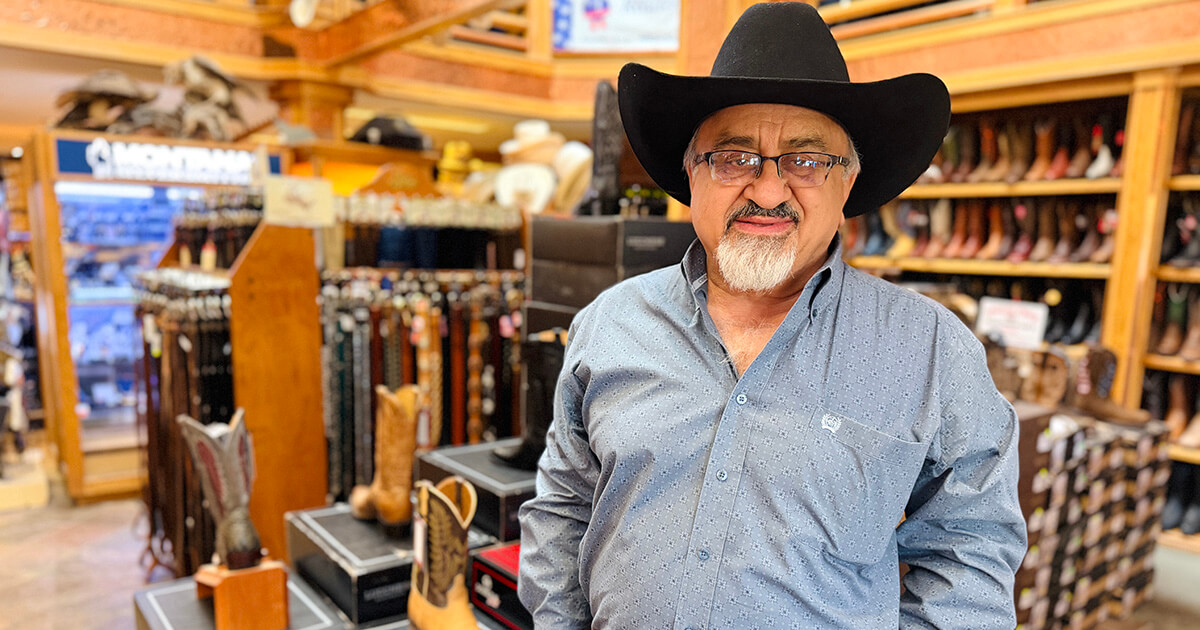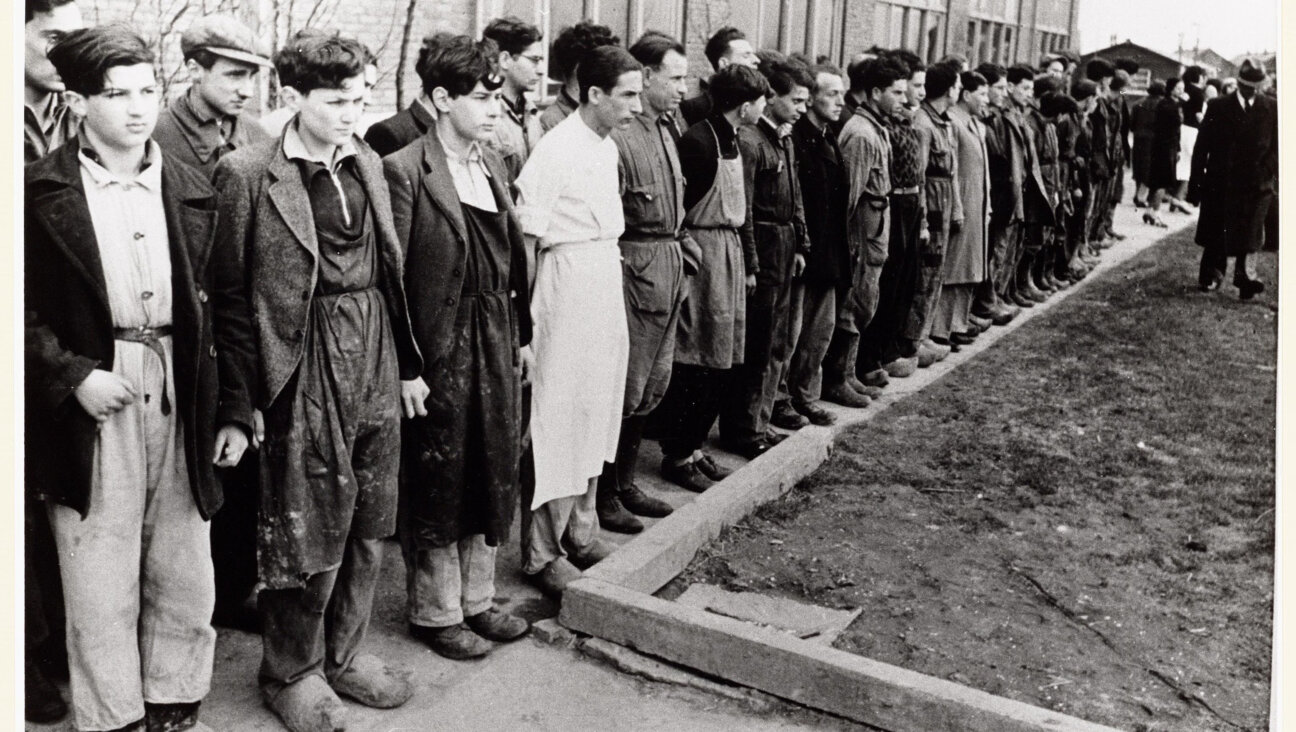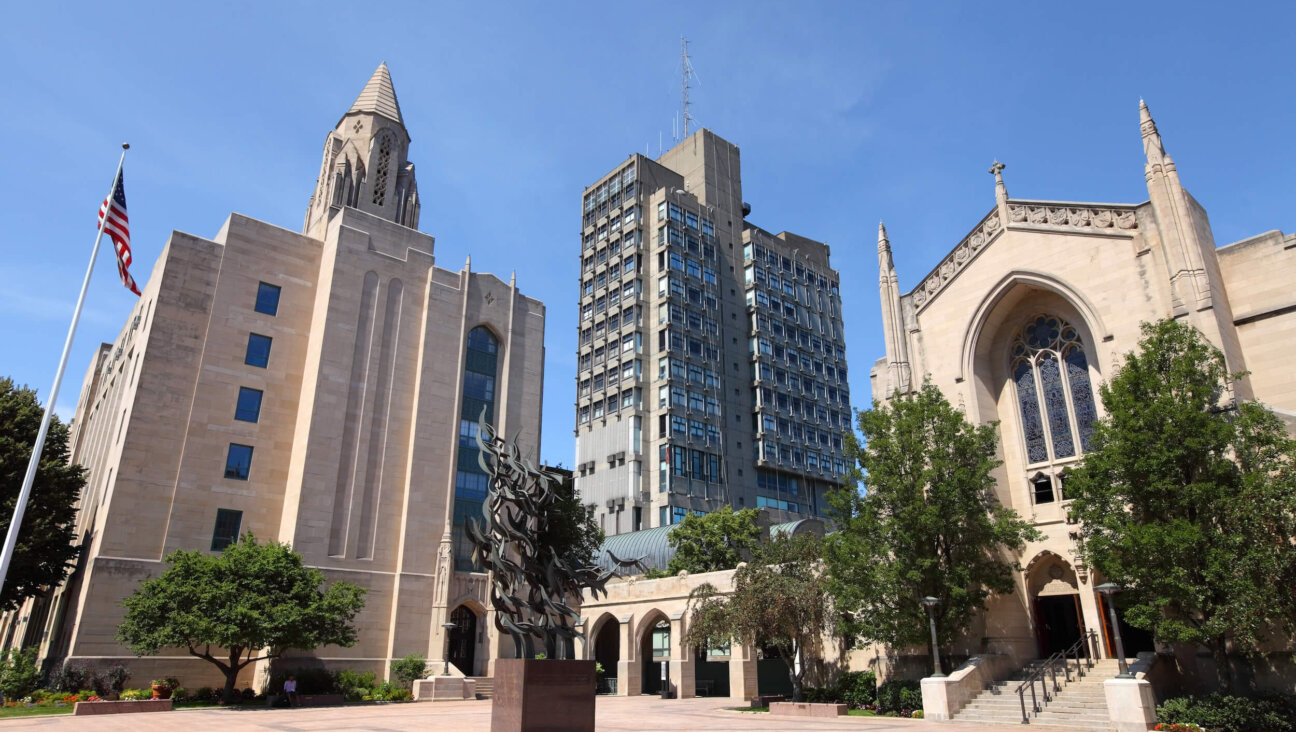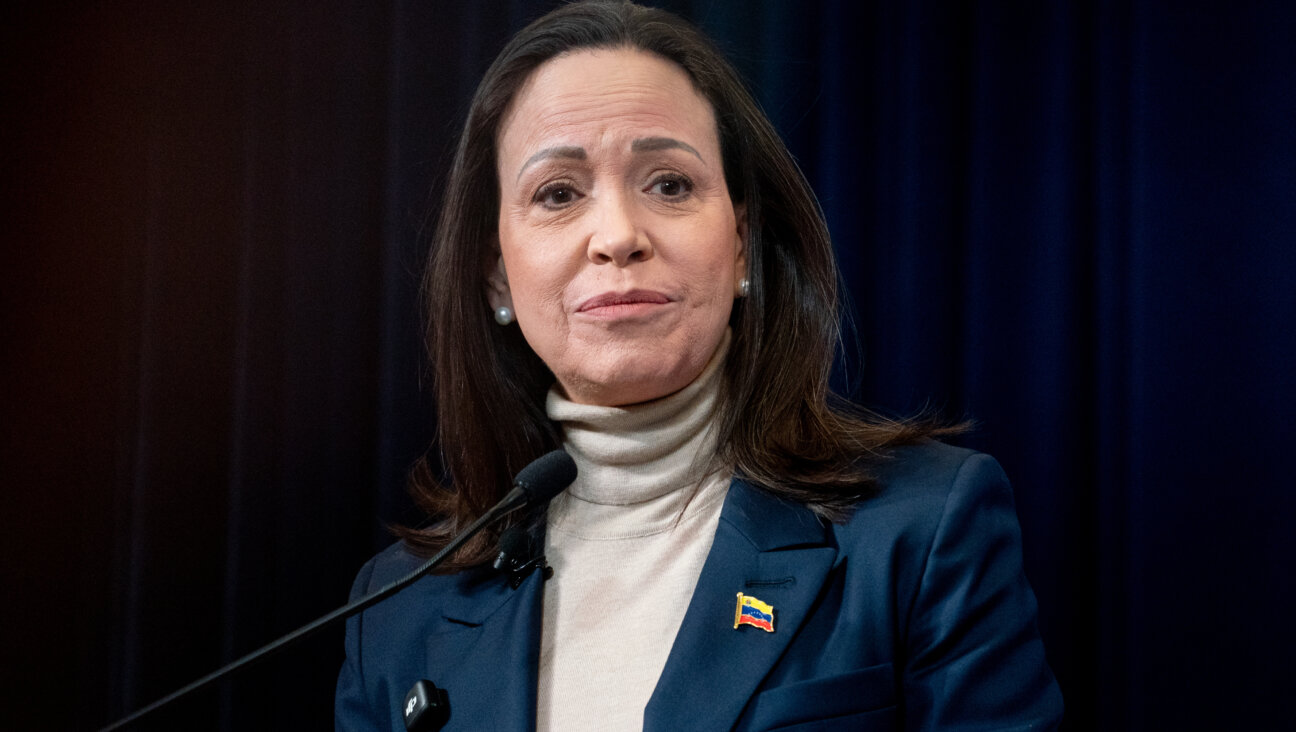Funding Lower for Senior-care Program
WASHINGTON — Federal funding for a senior-care program pioneered by Jewish welfare federations is being reduced, with a record number of communities splitting the decreased pie.
Twenty-one Jewish federations — up from 13 in 2003 — are expected to receive federal funds for the experimental program, known as Naturally Occurring Retirement Communities, or NORCs. According to the 2004 Appropriations bill, which has yet to be approved by Congress, Jewish communities would only receive a total of $4.2 million to fund the program, down from almost $6 million doled out in 2003.
The idea behind the revolutionary senior-care program is to bring services into residential areas with dense populations of seniors, letting them enjoy the security of an assisted-living facility without moving into an institution. A recent survey conducted by the American Association of Retired Persons found that 84% of people 55 and over want to stay in their homes for the rest of their lives.
The increased number of federations receiving funding for NORCs was hailed by Robyn Gershenoff Judelsohn, the Washington spokeswoman for the United Jewish Communities, the roof body of North American welfare federations. “It seems that our representatives in Congress believe in this program, and believe that we have spent this money well,” the UJC official said.
Judelsohn said that although the overall level of federal funding for NORCs was likely to be reduced, the move should not be seen as a cut because most federations are asking for lower funding than they did last year. One reason for this, she said, is that some of the programs approved last year were two-year programs. Another is that federal NORC funding requires a matching grant from the recipient equal to about a third of the government grant.
Officials at UJC involved with lobbying for NORC funding said that federal dollars are primarily secured by federations contacting their congressional representatives.
Federation-affiliated NORC programs first received federal funds in 2002 in Philadelphia, St. Louis, Baltimore, Cleveland and Pittsburgh. Last year, Albuquerque, Atlanta, Chicago, Columbus, Detroit, Miami, Las Vegas, Los Angeles, Minneapolis, and Washington joined the program. This year for the first time federal funds for NORC programs will be distributed to Jewish communities in Miami, Tucson, Sarasota, Boston, Buffalo, Rochester, Richmond, Seattle and Indianapolis.
The Jewish Federation of Greater Indianapolis is slated to receive the largest grant, $845,000. Most other participating federations will receive between $100,000 and $200,000.
No study has been conducted to gauge the relative cost effectiveness of NORCs. But advocates argued that NORCs are less expensive than caring for elders in nursing facilities.
“Clearly it is more cost-effective to care for people in their homes than to build retirement homes for a booming elderly population,” said Anita Altman, deputy managing director for resource development with the UJA-Federation of New York. The New York federation was the first community to devise a NORC program. Some government officials are hoping that a rise in NORCs could produce reductions in state and federal spending on Medicaid, but federation officials say their program is not intended to substitute current entitlements.
Experts originally defined NORCs as an apartment building or neighborhood where many of the residents are older than 60 and have lived in their home for a long period of time. Recently, however, communities have started applying the label to broader, more diffuse areas.















